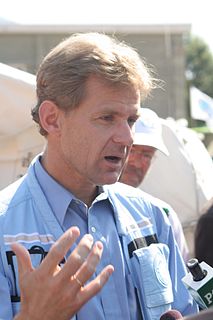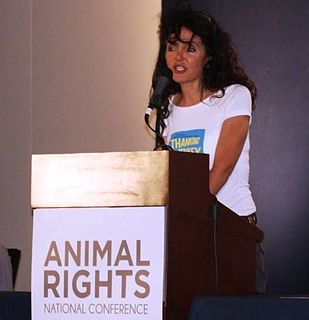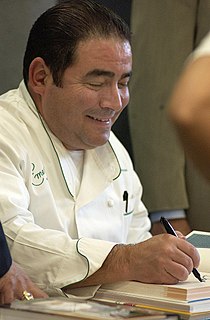A Quote by Boyan Slat
We need to close the tap, which means preventing more plastic from reaching the ocean in the first place.
Related Quotes
To truly rid the oceans of plastic, what we need to do is two things: One, we need to clean up the legacy pollution, the stuff that has been accumulating for decades and doesn't go away by itself. But, two, we need to close the tap, which means preventing more plastic from reaching the oceans in the first place.
If you have it you don't need it. If you need it, you don't have it. If you have it, you need more of it. If you have more of it, you don't need less of it. You need it to get it. And you certainly need it to get more of it. But if you don't already have any of it to begin with, you can't get any of it to get started, which means you really have no idea how to get it in the first place, do you? You can share it, sure. You can even stockpile it if you like. But you can't fake it. Wanting it. Needing it. Wishing for it. The point is if you've never had any of it ever people just seem to know.
You go to a beach, you see a lot of plastic. It's out of the ocean, it stays out of the ocean, so that's good. But the thing is that in this Great Pacific garbage patch, this area twice the size of Texas, there's simply no coastlines to collect plastic. So the idea is to have these very long floating barriers.
The collective psychology is something very close to being sacred - we can do it but we don't do it. We should understand that the Holocaust in the European conscience is reaching a point which is very close to what is sacred for people in the Southern countries, whether they are Muslims or not. Because of that we need to try to have intellectual empathy.
When I see vegan food sold in single-use plastic containers, I get frustrated knowing that plastic is not really recycled; it is down-cycled to less and less reusable grades, and too much of it eventually ends up in the ocean - where it kills animals. Caring for animals means caring for the environment they live in, and vice versa.
About once a month, a vessel visits each of these clean-up systems, almost like a garbage truck of the ocean, would bring the plastic back to shore where it would then be processed and recycled into new products that we would then sell, at a premium, of course, because we could sell it as being made out of ocean plastic.





























